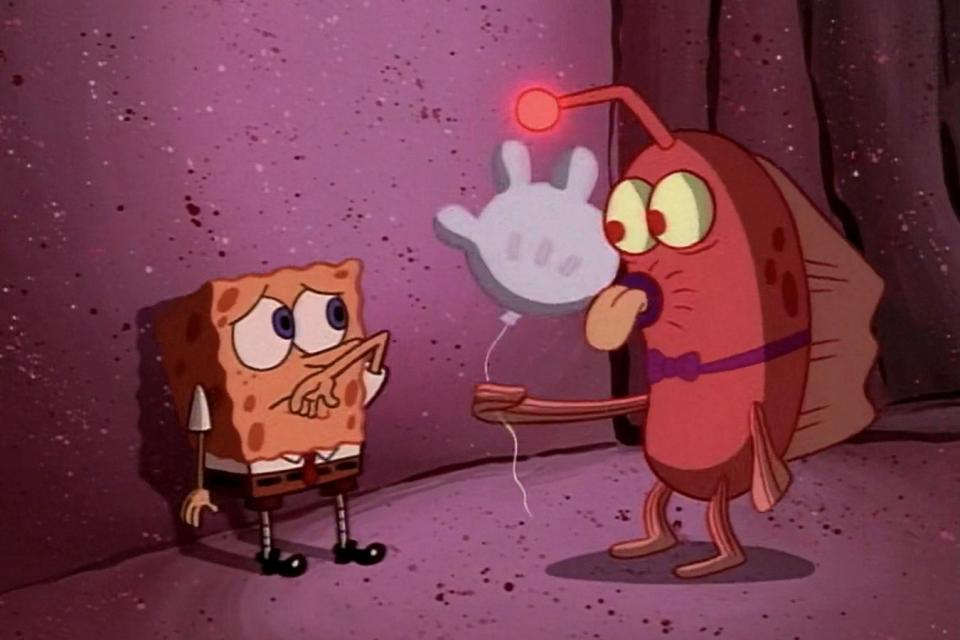The Slatest for Sept. 19: What’s So Maddening About Hasan Minhaj’s “Emotional Truths”

- Oops!Something went wrong.Please try again later.
- Oops!Something went wrong.Please try again later.
In a recent interview with the New Yorker, Hasan Minhaj confessed to bending the truth—some would say to the point of lying—in his stand-up. Coupled with allegations of fostering a hostile workplace for staffers, it’s raising some thorny questions about the comedian.
“Minhaj took what real, everyday brown folks were going through and led those people to believe that he’d also been there—earning his fame and plaudits from that very trust, as well as the trust that engendered among those who wished to understand brown Americans,” Nitish Pahwa writes.
He takes a closer look at what’s so maddening about Minhaj’s “emotional truths.”
Hunter Biden’s indictment for improper gun ownership has put gun rights groups in quite an awkward bind: Should they delight in the indictment of a political enemy or attack a law they oppose? Molly Olmstead examines the contours of their dilemma.
Plus: Dennis Aftergut argues that the Hunter Biden charges hurt the Justice Department—and all the rest of us, too.
And ICYMI: Mark Joseph Stern unpacks Hunter Biden’s surprisingly excellent legal defense.

Tim Ballard, of Sound of Freedom fame, is a star on the right. So why would his church denounce him? Benjamin E. Park argues it’s a sign of something bigger.
In today’s dispatches from the world of Trump’s legal troubles:
• Lawrence Lessig takes apart the terrible plan to neutralize Trump that has somehow entranced the legal world.
• Norman L. Eisen and Richard W. Painter explain why the Trump camp’s argument for Judge Tanya Chutkan’s recusal is flat-out ridiculous.
The incoming owners of Simon & Schuster are giving employees a stake in the publisher. Megan Greenwell asks: Is it corporate whitewashing, good capitalism, or both?

Two new movies find poetry in the worst form of recorded music. Sam Adams reviews Wim Wenders’ Perfect Days and the documentary Flipside, which both hit rewind on the long-beleaguered cassette tape.
And speaking of recorded music: Jack Hamilton shares his appreciation for one of the best—and most poorly mixed—albums of the 1980s, which has finally gotten the release it deserves.
What’s it like to have many kids’ (and adults’!) dream job: coming up with the zany names for nail polish colors? To find out, Heather Schwedel spoke to one of the main brains behind the names of Butter London’s range of shades.

… much like the deep-sea creatures in one particularly memorable episode of SpongeBob SquarePants. It’s on the list of 40 greatest stand-alone TV episodes that Slate staff has curated—a collection of snackable introductions and satisfying meals that you can consume without watching the whole series, along with details of where to stream them.
Thanks so much for reading! We’ll see you tomorrow.

